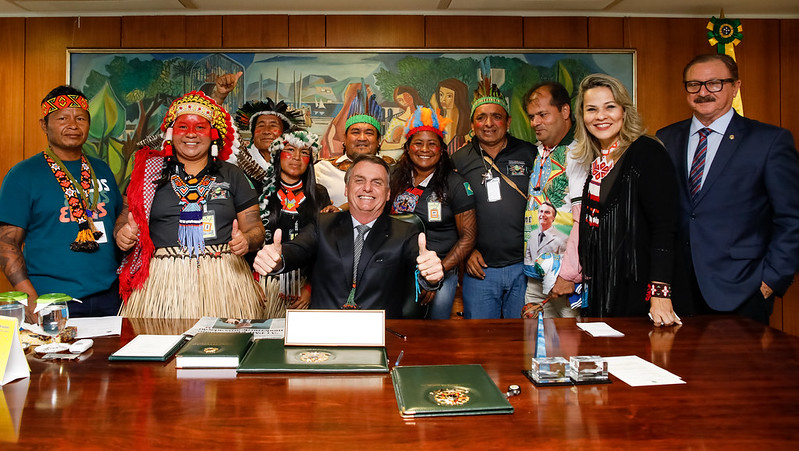The head of Brazil’s Federal Accounts Court, Bruno Dantas, on Wednesday announced that the court will scrutinize public accounts to investigate the possible causes for the vulnerability of Brazil’s indigenous peoples, particularly the Yanomami people who are currently suffering from a humanitarian catastrophe.
“Brazil has watched appalled by the news of the health and humanitarian crisis in the country’s largest indigenous territory in the state of Roraima, where the Yanomami live,” Mr. Dantas said as he kicked off the court’s Wednesday session.
The new government led by President Luiz Inácio Lula da Silva declared a state of public health emergency in Yanomami territory last week after it emerged that large numbers of the indigenous community suffer from severe malnutrition, malaria, and other preventable diseases — the result of the encroachment of illegal wildcat mining on Yanomami land combined with poor management by federal health authorities over the last few years.
In light of the situation, Mr. Dantas announced that the accounts court would carry out an audit of relevant government bodies’ accounts to clear up the causes of this mismanagement. Such an audit into the federal government’s failures to improve policies to fight illegal gold mining in the area was first suggested in 2021, during the government of Jair Bolsonaro.
That year, BRL 1.5 billion (USD 295 million) were earmarked for indigenous health, of which BRL 1.43 billion were disbursed, Mr. Dantas noted.
Mr. Dantas added that the court will work with the Comptroller General’s Office (CGU), which is responsible for oversight of the federal executive, to carry out this audit with the aim of “supporting the health ministry in immediate and efficient actions to overcome this unacceptable scenario currently plaguing the Yanomami.”
The Health Ministry on Tuesday said that over 1,000 indigenous had been moved from the reserve to receive emergency medical care.


 Search
Search






































